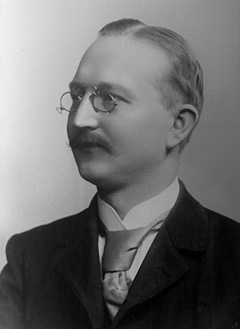 May the Lord hear our cries! May the Lord grant redemption to the ends of the earth! May every tongue, tribe, people, and nation praise the Lord! He has forgiven us and we are forgiven! He calls to life…and we live! He is coming again and He is preparing His Bride! Prepare your people to enter into the rest which alone is found in your enduring mercy and grace! Love us with your everlasting love!
May the Lord hear our cries! May the Lord grant redemption to the ends of the earth! May every tongue, tribe, people, and nation praise the Lord! He has forgiven us and we are forgiven! He calls to life…and we live! He is coming again and He is preparing His Bride! Prepare your people to enter into the rest which alone is found in your enduring mercy and grace! Love us with your everlasting love!
O Lord, who hast mercy upon all,
take away from me my sins,
and mercifully kindle in me
the fire of thy Holy Spirit.
Take away from me the heart of stone,
and give me a heart of flesh,
a heart to love and adore Thee,
a heart to delight in Thee,
to follow and enjoy Thee, for Christ’s sake, Amen
St. Ambrose of Milan (AD 339-397)
PSALM 103 (NLT)
Let all that I am praise the LORD; with my whole heart, I will praise his holy name.
Let all that I am praise the LORD; may I never forget the good things he does for me.
He forgives all my sins and heals all my diseases.
He redeems me from death and crowns me with love and tender mercies.
He fills my life with good things. My youth is renewed like the eagle’s!
The LORD gives righteousness and justice to all who are treated unfairly.
He revealed his character to Moses and his deeds to the people of Israel.
The LORD is compassionate and merciful, slow to get angry and filled with unfailing love.
He will not constantly accuse us, nor remain angry forever.
He does not punish us for all our sins; he does not deal harshly with us, as we deserve.
For his unfailing love toward those who fear him is as great as the height of the heavens above the earth.
He has removed our sins as far from us as the east is from the west.
The LORD is like a father to his children, tender and compassionate to those who fear him.
For he knows how weak we are; he remembers we are only dust.
Our days on earth are like grass; like wildflowers, we bloom and die.
The wind blows, and we are gone — as though we had never been here.
But the love of the LORD remains forever with those who fear him. His salvation extends to the children’s children of those who are faithful to his covenant, of those who obey his commandments!
The LORD has made the heavens his throne; from there he rules over everything.
Praise the LORD, you angels, you mighty ones who carry out his plans,listening for each of his commands.
Father, forgive us as we forgive others. Grant us mercy this day to live in a manner pleasing to the glory of your Name. We fall in your presence as those who must give the labor of our hands to your praise. Cleanse our hands that they might be clean. We are those who must surely declare your praise. Give us pure hearts that we might know the joy of your presence. Keep us in the time of our temptation that we may cling to you. Wash us and we will be clean. Pour out your Spirit and we will live. Let your Son’s judgment be our own and receive us into your glory as well-pleasing sons and daughters. To you alone be all praise, glory, and honor, forever and ever. Amen.








